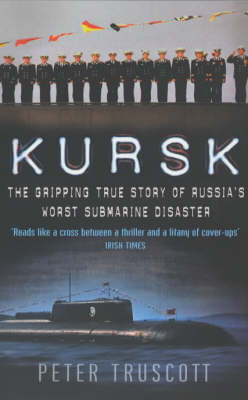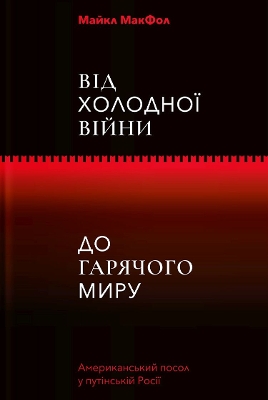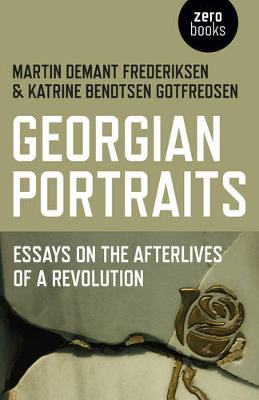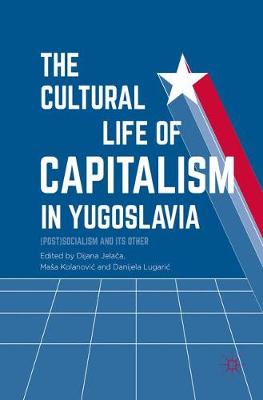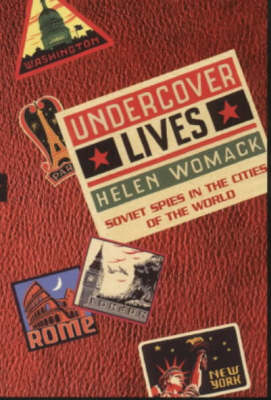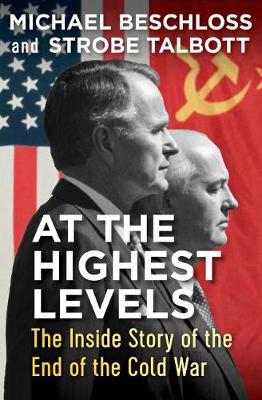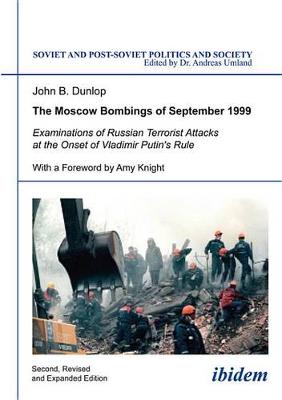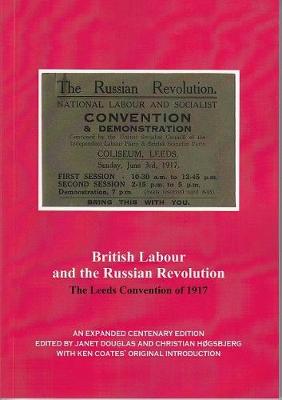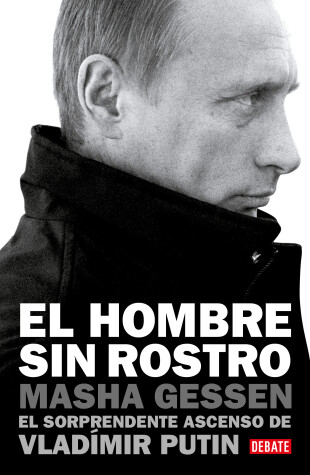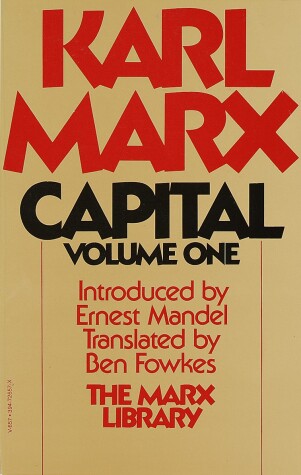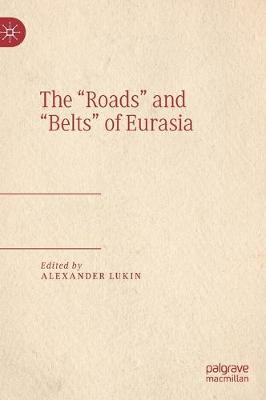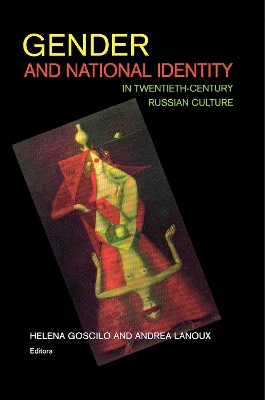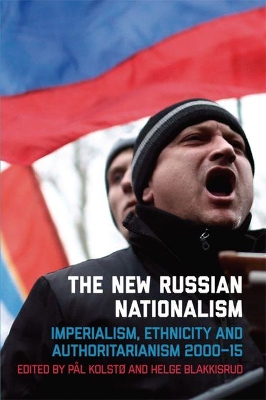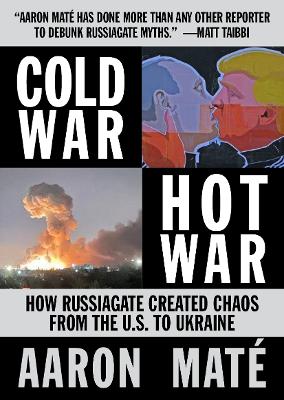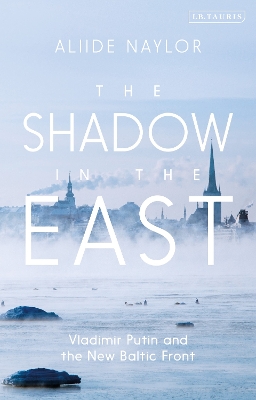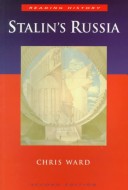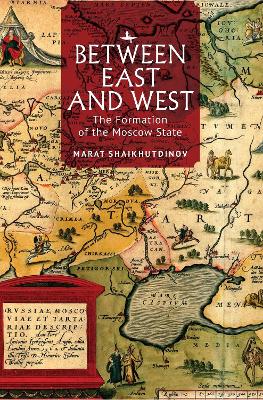In the worst peacetime disaster experienced by the Russian Navy, on 12 August 2000 the state-of-the-art nuclear-powered Kursk submarine sank with the loss of 118 officers and crew. The sinking was a humanitarian, environmental, and military catastrophe for Russia, and a powerful political reversal for President Putin But what really happened? Peter Truscott, former Foreign Affairs and Defence spokesperson in the European Parliament and Vice-President of the Security Committee, aims to provide th...
Georgian Portraits - Essays on the Afterlives of a Revolution
by Martin Demant Frederiksen
Georgian Portraits chronicles everyday life in the Republic of Georgia in the decade that followed the Rose Revolution of 2003. Recent anthropological developments argue for the use of "afterlives" as an analytical notion through which to understand processes of socio-political change. Based on a series of portraits, Martin Demant Frederiksen and Katrine Bendtsen Gotfredsen employ the theory of social afterlives to examine the role of revolution in the formation of a modern Georgia. The book con...
The Cultural Life of Capitalism in Yugoslavia
This edited volume explores the cultural life of capitalism during socialist and post-socialist times within the geopolitical context of the former Yugoslavia. Through a variety of cutting edge essays at the intersections of critical cultural studies, material culture, visual culture, neo-Marxist theories and situated critiques of neoliberalism, the volume rethinks the relationship between capitalism and socialism. Rather than treating capitalism and socialism as mutually exclusive systems of po...
There are many heavy tomes on the KGB either written by western intelligence experts or Russian defectors, but this is the first time that loyal agents have spoken about what it was really like to work for the Lubyanka. Their memories of their postings to Paris, Rome, London, Cairo, New York, Mexico and Bangkok are full of fascinating tales of how they recruited foreigners, avoided the local counter-intelligence, argued with Moscow Centre and managed to have a good time on their shoe-string budg...
Offering a ringside seat for the last exchanges of the Cold War, this book provides an account of the deal that allowed George Bush to use military force against Saddam Hussein in exchange for a Middle-East peace conference on the Palestinian issue; and of James Baker's private assurance to Eduard Shevardnadze that the United States would understand Soviet use of force in the breakaway republics. Michael Beschloss is the author of "The Crisis Years", "Kennedy and Roosevelt" and "Mayday", and Str...
The Moscow Bombings of September 1999 (Soviet and Post-Soviet Politics and Society, #110)
by John B. Dunlop
In July 1991, nine skeletons were exhumed from a grave in Siberia, a few miles from the infamous cellar where the last Tsar and his family were murdered seventy-three years before. Were these the Romanovs? The Romanovs: The Final Chapter provides the answer, going back to the horrifying moments of slaughter, revealing the guilt and cover-up by Lenin, then describing in dramatically suspenseful detail the efforts of post-Communist Russia to find the bodies and discover the truth. Written almost a...
La fascinante historia de cómo Vladímir Putin, un agente mediocre del KGB, llegó a la presidencia de Rusia, deshizo años de avances y convirtió a su país de nuevo en una amenaza para sus ciudadanos y para el mundo. Desde su llegada al poder en 1999, Vladímir Putin se ha hecho con el control de los medios de comunicación, sus rivales políticos han acabado encarcelados, exiliados o muertos, y el frágil sistema electoral ruso apenas se sostiene. Pese a las valientes manifestaciones de protesta por...
Nato-Russia Relations Under Putin (Forschungsberichte Internationale Politik, #42)
by Matthias Conrad
The First World War brought with it enormous ideological, political and social problems. In Russia, as in Italy, the repercussions of the war were soon felt, and the two countries saw the birth of oppositional movements within them. In Russia, these movements grasped power thanks to a Bolshevik coup, while in Italy Mussolini founded the Fasci di combattimento, a real militia ready to ride the popular discontent with the "mutilated victory", specifically the dissatisfaction with territories promi...
Capital, one of Marx's major and most influential works, was the product of thirty years close study of the capitalist mode of production in England, the most advanced industrial society of his day. This new translation of Volume One, the only volume to be completed and edited by Marx himself, avoids some of the mistakes that have marred earlier versions and seeks to do justice to the literary qualities of the work. The introduction is by Ernest Mandel, author of Late Capitalism, one of the only...
The "Roads" and "Belts" of Eurasia
This book addresses the challenges and opportunities of contemporary and future development of Eurasia. The main theme of the first part of the book is examining the reaction evoked in different countries by the Chinese "Belt and Road Initiative." The second part analyses other national and international integration and infrastructure projects in Eurasia. This unique publication brings together in one volume works by leading researchers from different countries, all united by their common intere...
This is an investigation of the propaganda experiences of five of the principal belligerent nations during World War II: Britain; the USA; France; the USSR; and Germany. An extended introduction discusses the issue of propaganda in its historical and comparative perspective and this is followed by five national case studies which address particular propaganda themes as they relate to individual national experiences. Comparisons are made between national cases throughout the text. The final chapt...
Combining concepts and methodologies from anthropology, history, linguistics, literature, music, cultural studies, and film studies, this collection of ten original essays addresses issues crucial to gender and national identity in Russia from the October Revolution of 1917 to the present. Prefaced by an introduction on Russian cultural myths grounded in gender difference, the essays shed new light on such topics as national, cultural, and gender identity in the Russian language; typecasting of...
Follows the transformation of Russian nationalist discourse in the 21st century, from imperialism to ethno-nationalism Russian nationalism, previously dominated by 'imperial' tendencies - pride in a large, strong and multi-ethnic state able to project its influence abroad - is increasingly focused on ethnic issues. This new ethno-nationalism has come in various guises, like racism and xenophobia, but also in a new intellectual movement of 'national democracy' deliberately seeking to emulate cons...
“This penetrating study asks whether the actual evidence concerning alleged Russian interference in the US elections of 2016 justifies the enormous hue and cry it has elicited … A highly instructive inquiry into our current malaise.” — Noam Chomsky Cold War, Hot War upends conventional thinking about the defining story of the Trump era—the supposed threat of Russia to American democracy —and offers revelatory insight about the U.S. political and media culture in which it arose. Drawing on his...
The Baltics are about to be thrust onto the world stage. With a 'belligerent' Vladimir Putin to their east (and 'expansionist' NATO to their west), Estonia, Latvia and Lithuania are increasingly the subject of unsettling headlines in both Western and Russian media. But how real are these fears, subject as they are to media embellishment, qualification and denial by both Russia and the West? What do they mean for those living in the Baltics - and for the world? Based on her exte...
The ebb and flow of debate about Stalin's Russia is captured in this account, which conceptualizes the field clearly, offering a synthesis of the secondary literature in the area, and also providing the author's own evaluation of the key issues. This edition takes into account the new opportunities afforded to historians - both Russian and Western - by the collapse of communism and the greater availability to researchers of archival sources. It acknowledges the various problems and perspectives...
Drawing on a wide range of sources and historiographical material, Between East and West provides a comprehensive analysis of the efforts of the Moscow princes to form a centralized Russian state. According to the author, the unification of Russia around Moscow was not historically inevitable. Tver, Novgorod, and the Grand Duchy of Lithuania also claimed this role, and if they had been victorious, a less authoritarian, less autocratic and less despotic Russian state could have emerged. Professor...
